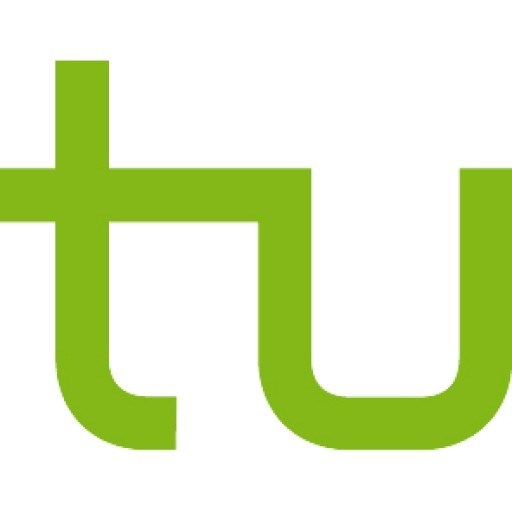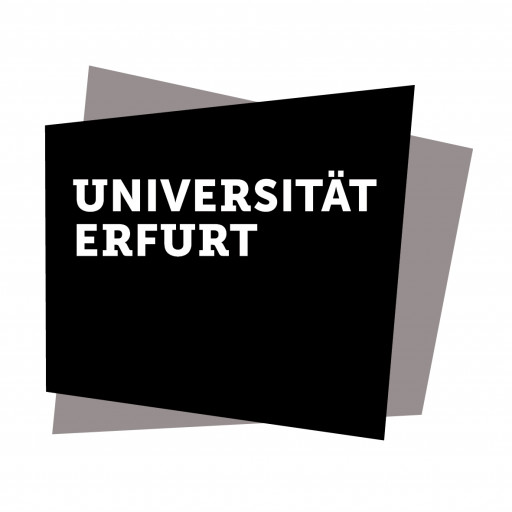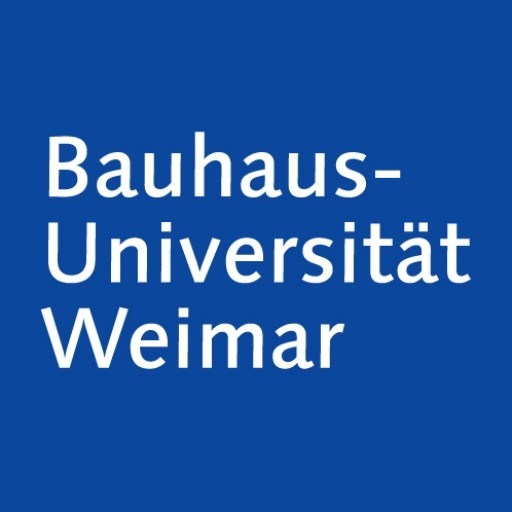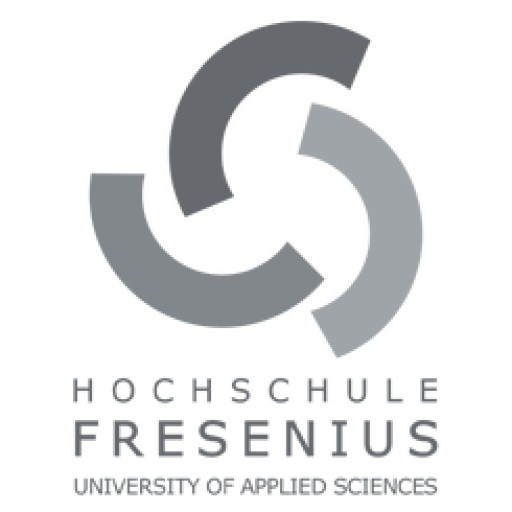Photos of university / #tu.muenchen
The MSc Life Science Economics and Policy integrates issues of economics and policy with the life sciences and equips graduates with in-depth knowledge to work on important societal challenges within the bioeconomy, some examples of which are described below:
Is this the programme for you?
Are you interested in:
Are you passionate about innovation, solving challenging problems or risk management?
If the answer is "yes", then this programme will equip you for all of the above, and more.
- Determine the impacts on society and the environment of regulatory policies of the natural sciences
- Independently analyse the economic impacts of policy changes, and present them to the public in an easy-to-understand format
- Evaluate and develop company strategies in response to changes in policy frameworks
- Evaluate the economic outcomes of new policies, and make policy recommendations
- Independently formulate research questions and translate them into research projects to find answers to these and related questions.
Is this the programme for you?
Are you interested in:
- agriculture, the biological sciences, economics, and how they can be integrated into policies and regulations for society, industry, government, and regulatory affairs?
- research?
- topics such as globalisation and food security?
Are you passionate about innovation, solving challenging problems or risk management?
If the answer is "yes", then this programme will equip you for all of the above, and more.
Educational organisation
Degree title: Master of Science (MSc)Description: Life Science Economics and Policy
Duration: four semesters, full-time study
Summary of the programme's structure (one course normally carries five ECTS credits):
- Nine compulsory lecture courses
- Six elective lecture courses
- One "General Education" elective course
- One excursion
- One research project (or internship if done at a company)
- Colloquium and thesis (fourth semester)
Programme Structure
The programme runs for four consecutive semesters. It starts in the winter semester with courses covering a broad spectrum of topics that form the programme's foundation, culminating in the fourth semester with the thesis followed by the colloquium. As well as the compulsory courses, a wide range of electives are offered in both the social and the natural sciences, which facilitates students' choice of electives aligned to their specific interests.
Compulsory Lecture Courses
Life Science Economics & Policy
Agribusiness Governance
Human Resource Management for Agriculture & Related Industries
International Commodity Markets & Trade Policy
International Environmental Policy & Conflict Resolution
Production & Risk Management
Value Chain Economics
Applied Statistics & Econometrics
Mathematics for Economics
Elective Lecture Courses
Please note: of the seven electives, students must choose at least two courses from both the social sciences and the natural sciences; students may also choose one "General Education" elective outside of these fields (e.g. German as a foreign language).
The lists below are for demonstration purposes only as their availability varies, and are not exhaustive, which means that electives from the social and natural sciences not appearing in these lists may also be considered.
Electives from the social sciences (please note: at least two must be chosen):
Advanced Environmental & Natural Resource Economics
Consumer Economics & Policy
Consumer Behaviour
Development Economics
Environmental & Natural Resource Economics
Food Economics
Organisational Behaviour, Theory & Development
Network Analysis & Management
Research Project International Horticultural Science: Economics & Management
Regulatory Economics & Policy
Sustainability Marketing & Sustainable Consumption
Electives from the natural sciences (please note: at least two must be chosen):
Agriculture Technology Systems
Aquatic Ecology & Conservation (half course, must be taken together with "Fisheries Management")
Fisheries Management (half course, must be taken together with "Aquatic Ecology & Conservation")
Beverage Engineering
Energy Conservation & Alternative Energy Resources
Functional Food
Host - Parasite Interaction
Land Use Systems from a Global Perspective
Material Flow Management & Application
Modelling, Sensing & Control in Life Science Applications
Plant Biotechnology
Plant Breeding & Seed Production
Quality of Food Crops
Transgenic Livestock in Agriculture & Biomedicine
Study abroad unit(s)
Exchange programmesStudents have the opportunity to complete a semester at an approved international partner university. Details of such voluntary arrangements need to be cleared in consultation with the programme's Examination Board.
Internships
You have the option of doing EITHER an internship lasting at least four weeks OR a research project. The internship is worth five credits and should ideally be done after completion of the second semester. Students are responsible for organising and finding their own internships, should they choose to do one. The internship must be relevant to the programme and must be pre-approved by the Examination Board. Students should consult with the Examination Board if they have any queries regarding their potential internship. The internship must involve doing scientific research.Forms of assessment
Types of examination are subject-specific. Most are in the written format, although some require oral examinations. Students will be informed of the mode of examination before individual courses start.Course objectives
The programme strives to achieve the following learning outcomes: a thorough knowledge of the fundamental principles of research methods, economic theory and modelling, data collection and analysis, and of the latest developments in contemporary research. Social competencies and skills are developed to equip graduates to operate with self-confidence in their future professions.All compulsory and elective courses are taught in English to equip students for an international working environment.
Employment opportunities
Possible employment opportunities are, among others: a specialist leadership position such as in Regulatory Affairs in industry (e.g. food processing, biotechnology) or in international organisations such as the World Bank, the Consultative Group on International Agricultural Research (CGIAR), the European Commission (EC), the Food and Agriculture Organisation of the United Nations (FAO), the Deutsche Gesellschaft für Internationale Zusammenarbeit (GIZ) GmbH, and the Organisation for Economic Co-operation and Development (OECD) or as a consultant or a researcher in an academic or a private institution.
The aforementioned are examples and graduates will be equipped to find employment in companies or institutions operating at any link along the food value chain.
Language requirements
Applicants whose first language is not English must provide proof of their English competency.Please consult the TUM rules and regulations for more precise details at the following link: http://www.tum.de/en/studies/before-your-studies/application-and-acceptance/english-language-skills/ and the FAQ page of the programme's website at http://www.mlsep.wzw.tum.de where you will find additional exceptions for applicants who have successfully completed subjects at university level where the language of instruction was English.
Academic requirements
The academic requirement is an above-average Bachelor's, "Diplom" or Master's degree qualification in the social or natural sciences, or equivalent.Applicants are expected to have the following commensurate basic knowledge in economics and business administration: micro- and macroeconomics, accountancy, marketing, and strategic management.
Please note: applicants must have earned credits in both the social (minimum 30 credits) and the natural sciences (minimum 30 credits) in order to qualify (see reference to the FPSO below). The social sciences include subjects in the field of economics, finance, business administration and management, sociology, law and philosophy. The natural sciences include subjects in the fields of the life sciences like biology, botany, entomology, zoology, microbiology, plant pathology, biochemistry, and genetics for example, and mathematics, statistics, physics, and chemistry.
Proven proficiency in English is required.
For further details, please consult the programme's Examination and Academic Regulations (FPSO) - especially section 36 - on our website at http://www.mlsep.wzw.tum.de.
Enrolment fees
Approx. 115 EUR per semester, the fee includes a semester ticket covering public transport in Munich (please refer to the TUM official website for the latest fee).Costs of living
This figure is highly subjective and depends on one's individual lifestyle and choice of accommodation, food, leisure activities, and hobbies, mode of transport, etc.A range of 600 to 800 EUR per month to cover personal expenses can be used AS A GUIDELINE ONLY.
Funding opportunities within the university
http://www.tum.de/en/studies/fees-and-financial-aid/scholarships/
Arrival support
TUM's International Center offers a special programme tailored for international students, TUMinternational (TUMi). The TUMi programme provides help and advice for new students as well as a cultural programme with events scheduled both prior to and during the academic periods.The service desk of the Student Service Center is the first contact point for international students. We are here to help you with issues such as applications, enrolment, student cards etc. Furthermore, we offer various three- to six-week summer schools combining academics with a rich menu of educational and social activities as a foretaste of university life. For international students who have been admitted to a degree programme, the Student Service Center offers a four-week pre-study course designed to help you get started at the TUM. Students new to TUM are invited to the service fair "Fit for TUM" which takes place before the semester officially starts, to get an overview of the various offerings of support services at TUM. http://www.tum.de/en/studies/international-students/
Learning German: While the language of instruction for many of TUM's postgraduate programmes is English, learning German and thus being able to participate in daily German life at a deeper level enriches the experience of studying and living in Munich. As such, TUM's Language Centre offers language classes for students at all levels, both prior to and during the semester: http://www.sprachenzentrum.tum.de/en/startseite/
Services and support for international students
In addition to support services offered by TUM International Center and the Student Service Center (SSZ), the faculty also has its own adviser for international students.Accommodation
Finding accommodation in Munich and Freising is challenging, but not impossible! TUM supports students and employees in their search for accommodation, providing personal advice, in-house listings and useful information to ensure that you can quickly find a place to call your own: http://www.tum.de/en/university-life/accommodations/With high rents and insufficient rooms in halls of residence, the Munich rental market is one of the most competitive in Germany - especially for students. The city boasts over 1.4 million inhabitants, with more people moving to Munich every year - many of them attracted by the excellent study opportunities that Munich has to offer.
Student halls of residence usually offer affordable accommodation for students. The Munich Student Union runs most of these halls of residence - more information at http://www.studentenwerk-muenchen.de/en/accommodation/
Searching the internet for accommodation is the most popular means of finding a place to stay.









